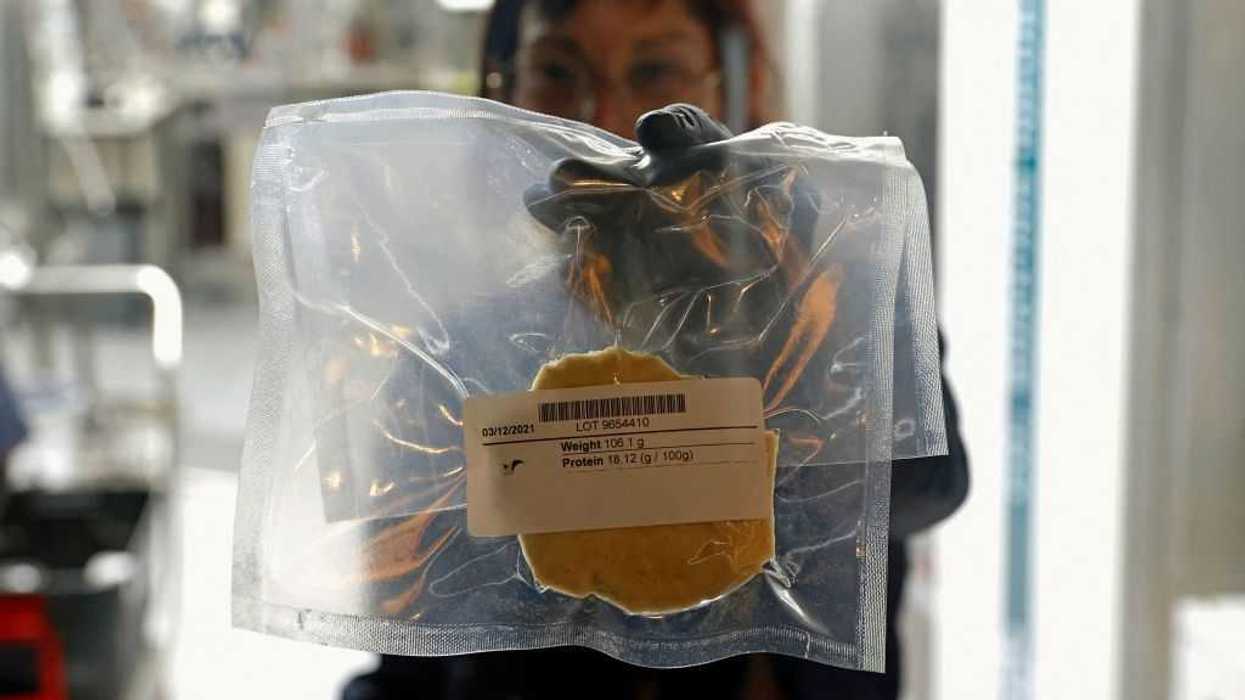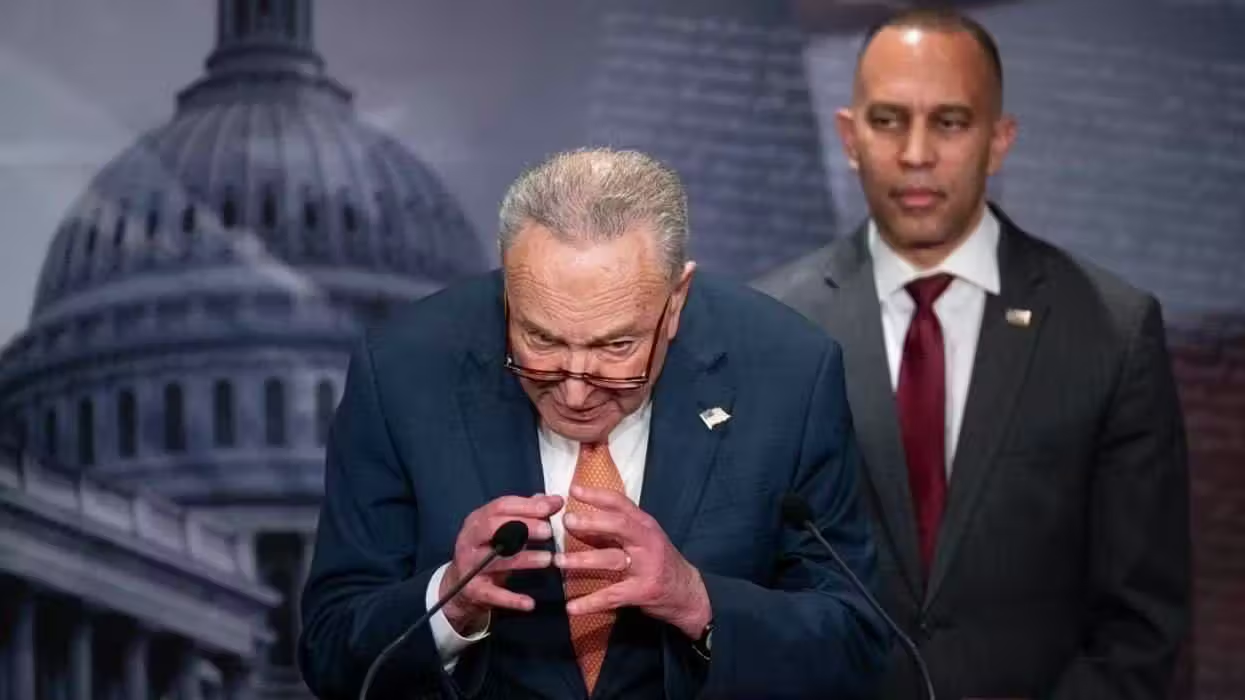
© 2026 Blaze Media LLC. All rights reserved.
This Is Where Catholics, Protestants & the Religious Stand on Gun Control (You Might Be Surprised!)
August 16, 2012
"...Catholics might be more sympathetic to government regulation..."
In the days and weeks following the horrific "Batman" movie theatre shooting in Aurora, Colorado, and the Sikh temple tragedy in Wisconsin, gun control has been an issue up for debate and discussion. As the dispute intensifies over how politicians and law enforcement officials should handle firearms regulations, there's an interesting new poll out that explores what people of faith think about the issue.
The study, conducted by Public Religion Research Institute and Religion News Service (RNS), came up with some fascinating findings. While the nation is divided (and views on firearms are somewhat tough to gauge overall), religious groups have very clear opinions on the matter.
First, let's look at Americans on the whole. In the wake of these tragedies, 52 percent of the nation is content with the notion of stricter gun laws, compared to 44 percent that is not. But when you start diving into the subgroups, results turn down-right interesting. For example, while 51 percent of whites own guns, only 23 percent of non-whites have them in their possession.
But the intrigue doesn't end there. On the faith front, only 35 percent of white evangelicals support stricter gun laws. That's starkly different when compared to 62 percent of Catholics and 60 percent of individuals who count themselves unaffiliated to a particular faith.
Black Protestants are even more ardent about strengthening gun control laws. As RNS notes, a 2011 ABC News/Washington Post poll found that 71 percent of this cohort wants to tighten up the laws that are currently on the books. RNS continues, with some of the reasons why these proportions may be playing out:
The Rev. James Martin, a Jesuit priest who called for tighter gun control after the movie theater massacre last month, offered several reasons why U.S. Catholics may be more likely to support it."Catholics may congregate more in urban centers and may be more exposed to violent crimes than people in other parts of he country,” said Martin, the author of “The Jesuit Guide to (Almost) Everything."
“And Catholics might be more sympathetic to government regulation, because the church has always seen legitimate government as one way of expressing the will of the people," Martin continued. What's more, he said, “there might be a slightly greater appreciation for the notion of the common good, which is enshrined in Catholic social teaching, in addition to individual rights.”
Certainly, one can argue for gun control as a primary factor in crime reduction, but when asked to select the single most important "thing" that could end mass shootings, there was no consensus. On the whole, 27 percent of Americans (no specific cohort, but the nation as a whole) said that gun control is the most important, 22 percent said that it is increased mental heath screening and 20 percent claimed that placing more emphasis on God and morality is the answer.
We'll allow the Public Religion Research Institute to tell you some of the more fascinating findings among specific subgroups in this portion of the study:
- Members of the Tea Party movement are three times more likely than Americans overall to say that allowing more private citizens to carry guns for protection is the most important thing that can be done to prevent shootings (35% vs. 11%).
- Democrats are roughly three times more likely than Republicans to say that stricter gun control laws and enforcement is the most important measure to prevent mass shootings (38% vs. 13%).
- Close to 4-in-10 (36%) white evangelicals say that placing more emphasis on God and morality in school and society is the most important thing that can be done to prevent mass shootings.
The study was conducted between August 8 and August 12, 2012 among a random sample of 1,006 adults aged 18 and older. The margin of error is +/- 3.5 percentage points at the 95% level of confidence.
You can read the rest of the results here.
(H/T: Religion News Service)
--
RELATED:
Want to leave a tip?
We answer to you. Help keep our content free of advertisers and big tech censorship by leaving a tip today.
Want to join the conversation?
Already a subscriber?
Billy Hallowell is a digital TV host and interviewer for Faithwire and CBN News and the co-host of CBN’s "Quick Start Podcast."
Billy Hallowell
Billy Hallowell is a digital TV host and interviewer for Faithwire and CBN News and the co-host of CBN’s "Quick Start Podcast."
more stories
Sign up for the Blaze newsletter
By signing up, you agree to our Privacy Policy and Terms of Use, and agree to receive content that may sometimes include advertisements. You may opt out at any time.
Related Content
© 2026 Blaze Media LLC. All rights reserved.
Get the stories that matter most delivered directly to your inbox.
By signing up, you agree to our Privacy Policy and Terms of Use, and agree to receive content that may sometimes include advertisements. You may opt out at any time.







